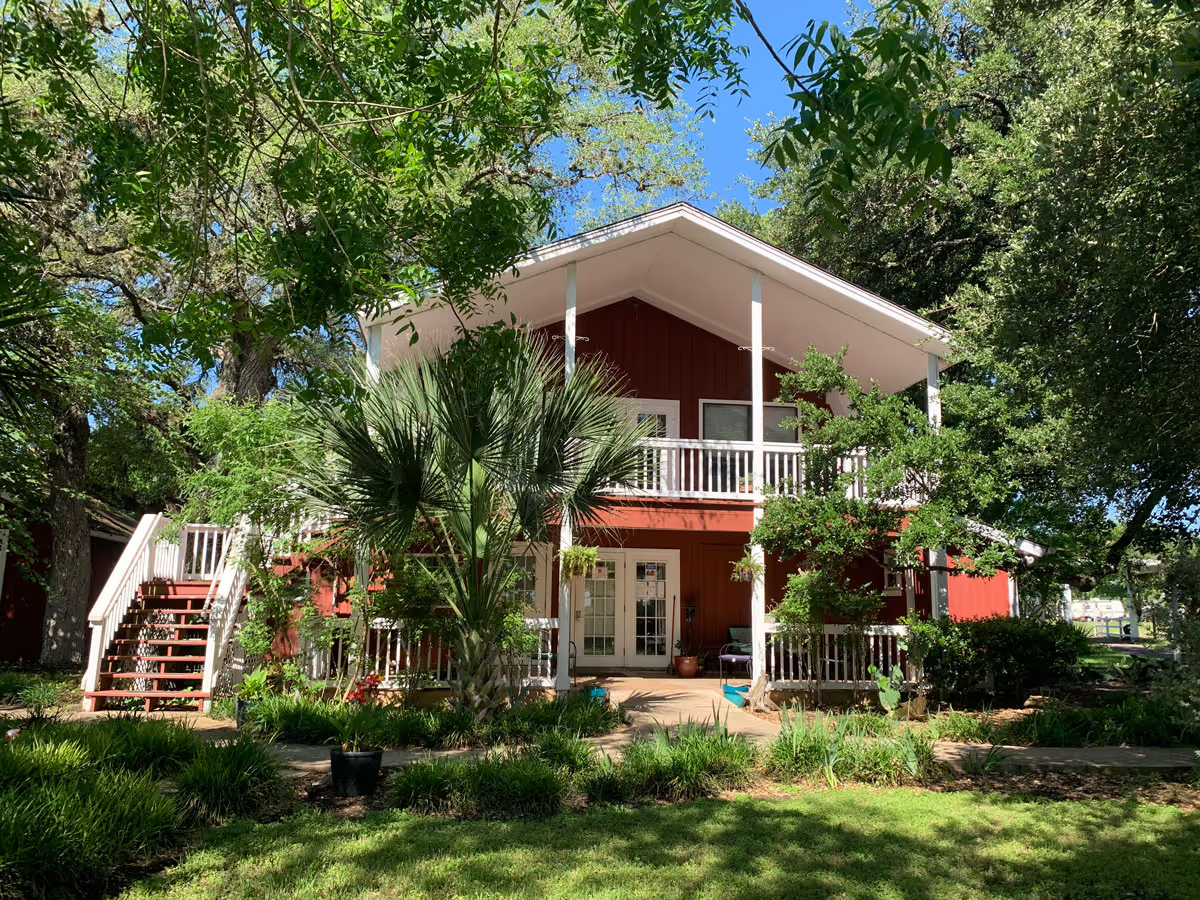The Power of Community: How Social Engagement Enhances Mental Health
In a world where isolation is rising, LiveOak Living Community offers a refreshing model of care—one that prioritizes connection, inclusion, and purpose. Explore how structured social engagement and supportive environments are transforming mental health and helping individuals thrive emotionally, socially, and cognitively.
In today’s fast-paced and often isolated world, the role of community living and social engagement in promoting mental health cannot be overstated. At LiveOak Living Community, we’ve witnessed firsthand the transformative impact of connection, shared experiences, and a strong support network. This article explores how social interaction, meaningful relationships, and inclusive environments can substantially improve emotional well-being and quality of life.
Connection is Key: Why Human Interaction Matters
Humans are inherently social beings. From infancy through adulthood, we thrive on connection. Social interaction provides more than just companionship—it serves as a powerful foundation for mental and emotional health. Studies consistently show that individuals who maintain strong social ties experience lower levels of stress, anxiety, and depression.
At LiveOak Living Community, our approach to care emphasizes structured social engagement because it nurtures self-esteem, builds trust, and fosters a sense of belonging. When people feel seen and heard by others, they gain confidence and emotional resilience. This sense of connection becomes even more crucial for those living with developmental or cognitive challenges, where isolation can exacerbate symptoms.
Whether it’s through group meals, collaborative activities, or daily check-ins, human connection helps regulate mood, encourage healthy habits, and promote a more balanced life.
From Isolation to Inclusion: The Healing Power of Belonging
One of the silent mental health threats in modern society is social isolation—especially for individuals with special needs, disabilities, or chronic conditions. Feelings of exclusion or being “different” can have deep psychological effects, including loneliness, withdrawal, and even cognitive decline.
That’s why creating inclusive communities is at the heart of our mission at LiveOak. In our residential model, individuals are not only cared for—they are valued. They are active participants in a vibrant social ecosystem. This inclusive atmosphere leads to improved mental health outcomes and a stronger sense of identity.
Programs that emphasize shared responsibility, peer support, and daily engagement ensure that everyone feels a sense of belonging. When people are surrounded by others who accept and encourage them, their mental health naturally improves.
Purpose-Driven Living: How Social Roles Boost Mental Well-Being
One of the often-overlooked contributors to good mental health is having a sense of purpose. When individuals feel that they matter and that their actions contribute to something larger than themselves, their mental health flourishes.
LiveOak Living Community encourages every resident to play an active role—whether it’s helping with gardening, mentoring peers, or participating in community projects. These responsibilities aren’t just tasks; they’re vital contributors to emotional fulfillment and self-worth.
This idea aligns with research showing that meaningful engagement reduces feelings of helplessness and enhances mood stability. Purposeful living leads to better sleep, lower stress levels, and increased cognitive engagement. And when this purpose is shared within a community, its benefits are multiplied.
Emotional Support Systems: Building Trust Through Shared Experiences
Support systems are more than just helpful—they are essential pillars of mental health. People thrive when they know they are not alone in their struggles or successes. At LiveOak, we foster a culture of empathy, where both residents and staff are trained to listen, support, and uplift one another.
Group discussions, shared meals, and community celebrations create safe spaces for people to express their feelings and find understanding. These shared experiences build trust, which is fundamental to mental well-being.
For individuals dealing with anxiety, depression, or trauma, this supportive environment becomes a therapeutic tool in itself. In fact, research shows that peer support—especially among those with similar life experiences—can be more effective than traditional interventions in certain cases.
When people feel emotionally safe and supported, they’re more likely to express their needs, seek help when necessary, and maintain overall wellness.
A Model for the Future: Why Community Living Enhances Mental Health Long-Term
The long-term benefits of community-based living models are becoming increasingly recognized by mental health professionals, caregivers, and families. Unlike isolated or institutionalized environments, community living fosters holistic wellness by addressing emotional, social, and cognitive needs together.
LiveOak Living Community represents this next-generation model of care. We integrate social engagement strategies into daily routines, promoting stability and long-term mental well-being. Our approach isn’t about managing symptoms—it’s about cultivating thriving lives through connection, inclusion, and empowerment.
Our success stories reflect this commitment. Residents report greater happiness, reduced feelings of isolation, and increased independence over time. These aren’t just anecdotal—they’re measurable outcomes supported by a growing body of research on socially inclusive living environments.
The future of mental health support lies in communities that put people first—where every voice matters, and every individual has the opportunity to grow, connect, and thrive.
Building Better Lives Through Community
The evidence is clear: social engagement is one of the most powerful tools for improving mental health. In a world that often undervalues connection, communities like LiveOak stand as beacons of what’s possible when we prioritize inclusion, shared purpose, and emotional support.
Whether you’re a family member exploring residential options, a care provider seeking innovative models, or someone simply interested in the future of wellness, remember this—mental health is community health. And when we build communities rooted in compassion, engagement, and mutual respect, we build stronger, healthier lives for everyone.

Someplace to Go, Something to Do, Someone to Do It With
At LiveOak, inclusion is not a program, it’s a mindset.
Connect With Us